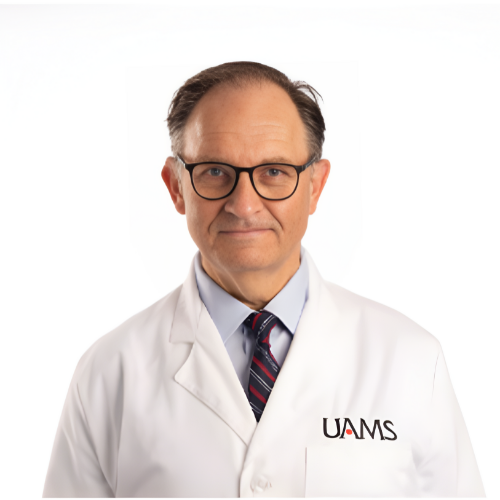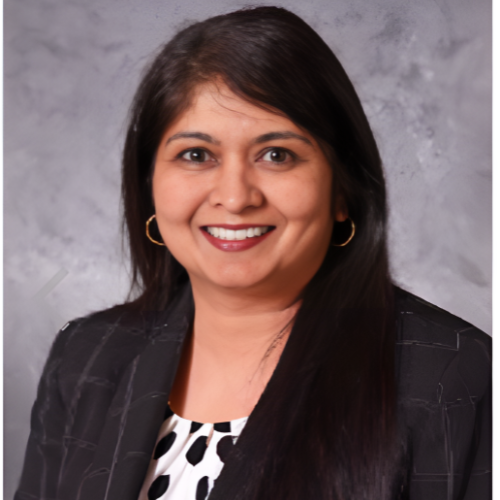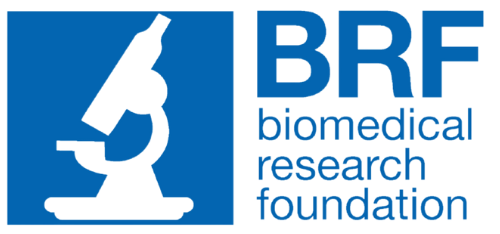Selected investigators

Andrew Morris
Dr. Morris developed and directed an analytical facility that provides LC and GC coupled multistage/high-resolution mass spectrometry services for biomedical researchers. The facility primarily focuses on bioanalytical quantitation and has contributed data to over 190 publications and received 4 federal instrumentation grants over the past 15 years.
Dr. Morris led the Analytical Core for the NIEHS-supported Superfund and Environmental Diseases Core Centers, supporting research on how environmental chemical exposures impact chronic, non-communicable diseases. A key focus of this research is using mass spectrometry to measure environmental chemical exposures in large cohorts. Dr. Morris has also used in vitro systems and preclinical models to look into how environmental chemicals affect human health, especially dioxin-like pollutants. Recently, the research expanded to include studying the cardiovascular health risks associated with exposure to PFAS chemicals.

Kalpana Padala
Dr. K. Padala’s research focuses on improving physical activity among older veterans. With 16 years of experience in clinical and translational research, she has led exercise studies in various settings, such as homes, hospitals, and long-term care facilities. These studies use different types of exercise interventions, like walking, resistance training, and exergames, and are delivered through both in-person and virtual platforms.
At CAVHS, Dr. Padala developed the Geriatric Walking Clinic, a comprehensive program to promote physical activity for older veterans. She is currently conducting a VA Merit-funded study exploring how executive function impacts exercise adherence. Additionally, she is investigating the use of repetitive transcranial magnetic stimulation (rTMS) to improve both exercise adherence and executive function in veterans.
Srinivas Ayyadevara
Dr. Ayyadevara’s research focuses on understanding the basic processes of aging and age-related diseases, as well as how genetics and interventions can influence lifespan. He studies the molecular changes that occur with aging in various tissues, such as the brain, heart, muscles, and blood vessels, using both human and mouse models. His work explores diseases like Alzheimer’s, cardiovascular disease, muscle loss, and kidney failure.
The research starts with analyzing human tissues and cell cultures to ensure relevance to human health. From there, experiments are conducted using models like the roundworm C. elegans and mice, which allow testing of genetic changes and drug treatments. The results from these models are then compared back to human cell cultures, ensuring the findings can be applied to human health and disease.
Spyridoula Maraka
Dr. Spyridoula Maraka is a physician scientist with expertise in health services, outcomes research, and implementation science, focused on advancing patient-centered care for individuals with subclinical hypothyroidism (SCH). With strong leadership, training, and motivation, she is well-equipped to carry out her research projects.
Dr. Maraka has developed a unique skill set in research methodology, evidence-based medicine, and shared decision-making. She applies these skills in endocrinology, leading multiple studies funded by intramural sources aimed at improving patient care for those with SCH. She has collaborated with colleagues to address the national issue of levothyroxine overuse and has conducted studies on factors influencing thyroid hormone replacement in SCH, trends in levothyroxine use, prescription appropriateness, and clinical outcomes after stopping thyroid hormone replacement.
Eva Woodward
Dr. Eva Woodward is a PhD-trained clinical health psychologist specializing in implementation science to improve healthcare equity. Her work focuses on developing, applying, and studying strategies that increase the adoption of evidence-based practices among minoritized populations and those facing societal marginalization.
Dr. Woodward's specific area of interest is creating strategies to reduce disparities in healthcare access, quality, and outcomes. She is dedicated to improving equitable healthcare for racially minoritized individuals, sexual minorities, rural residents, and low-income communities.
get in touch with us
Fill out the form and we will reach back out to you shortly.

